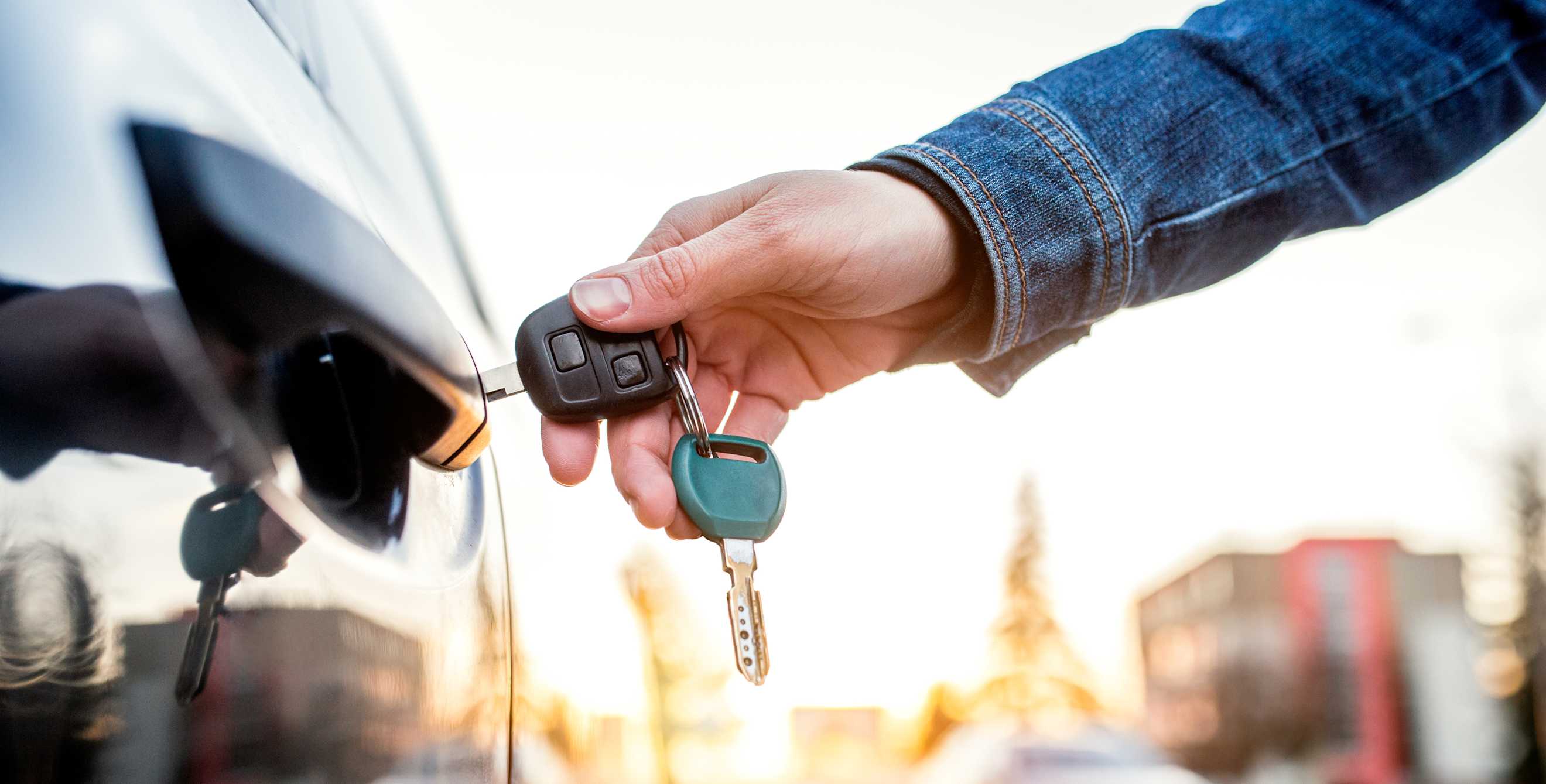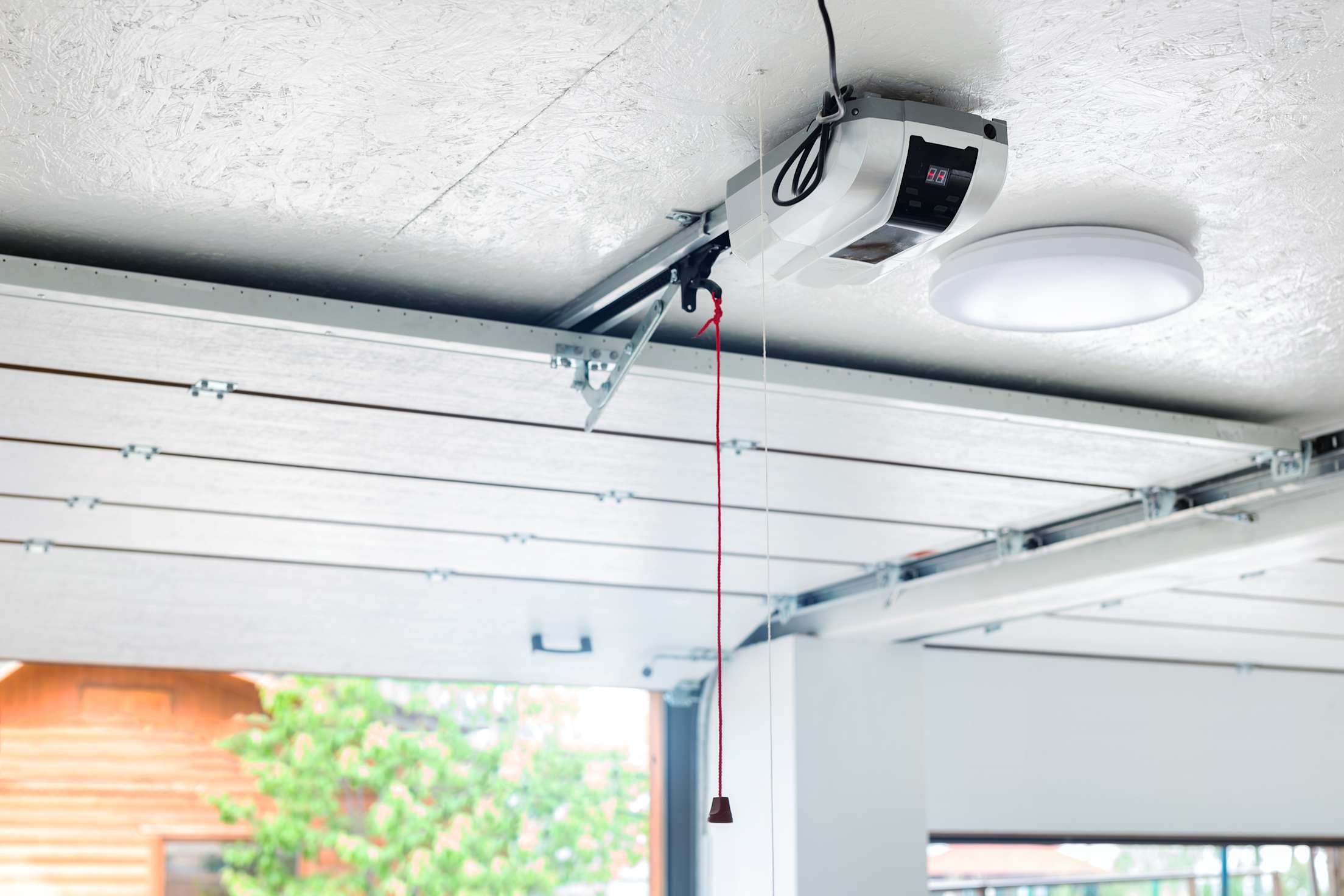
How to Prevent Car Theft
And what to do if your vehicle is stolen.

If you’ve ever returned to where you parked only to discover that your car is no longer there, you understand the heart-dropping experience of vehicle theft—not to mention the accompanying logistical nightmare.
Unfortunately, car theft is on the rise. From 2020 to 2021, vehicle thefts in the U.S. increased by 9 percent. Among the startling statistics: A car is stolen every 33 seconds in the U.S., with cities being hit especially hard. In San Francisco, auto thefts spiked 33 percent over the course of 2020, the surge in part because of the dramatic rise in car prices amid a supply shortage.
But there are steps you can take to safeguard your vehicle.
How to Protect Your Vehicle
Many car thefts are crimes of opportunity, which means that if you take basic precautions—lock the doors, roll up the windows, take the key with you, remove temptations from view, and park inside or at least in well-lit spots—you will likely have erected effective deterrents.
“It's surprising how many people don’t lock their car doors,” says Landon Jones, a senior security consultant for Midcon Risk.
You’ll also want to research your make and model, since certain vehicles are notoriously easy to break into and, therefore, more frequently targeted by thieves. Commonly stolen cars include trucks—especially Ford, Chevrolet, Dodge, and GMC trucks—as well as Honda Civics and Accords, Toyota Camrys and Corollas, and Nissan Altimas. If you own one of these, take extra steps to shield it, such as installing a car alarm, a vehicle immobilizer system that only lets your engine start with the correct key, or a steering wheel lock. Motion-activated lighting or a security camera trained on your driveway may also be helpful, since, as the National Insurance Crime Bureau puts it, “the more layers of protection on your vehicle, the more difficult it is to steal.”

It’s a strategy that Jones agrees with: “Anything that presents a barrier to a thief increases the chances that they’ll skip your vehicle. All else being equal, thieves choose the path of least resistance, so reduce your risk by increasing the effort needed to steal your vehicle.”
While a GPS tracker won’t prevent the initial theft, it may help you get your vehicle back sooner, with fewer parts missing. “If you have a vehicle GPS tracking system like OnStar or LoJack, your car will be more easily recovered,” says Rick Musson, the chief of police for Montana’s Laurel Police Department. Ryan Lockwood, a senior vice president of CarParts.com, concurs: “One of the best ways to increase the chance of your car being returned is to install a GPS tracking device in your car.” LoJack, for example, claims a recovery rate of 98 percent. “Unfortunately,” says Lockwood, “those statistics generally just say ‘recovered’ but don’t say what condition the car is in when it’s recovered.”
What to do if Your Car is Stolen
Even with protection in place, it’s still possible to have your car stolen.
“First, call the police,” Musson advises. “Prompt reporting helps law enforcement find your vehicle. Be ready to give them your vehicle’s last known location, description, license plate number, and suspected time of theft. From there, follow law enforcement instructions for filing a police report.” Each police department has its own policies, so the procedures for filing a report will vary depending on where you live.
Next, contact your insurance company within 24 hours of realizing that your car is gone, says Musson, who also consults for an online car insurance comparison site. If you have comprehensive insurance and your car is found, any damage to it should be covered. If your vehicle isn’t recovered, they’ll pay your claim for your loss. Your insurance agent will need your police report, so be sure to get a copy for yourself and your insurer.
“If you get your car back within a couple of hours of it being stolen, you’re more likely to get it back with no damage,” Musson says. “If it’s been a couple of days, your vehicle may be trashed from being taken on a joy ride, or it may have been pieced out and sold as parts.”
The catalytic converter, in particular, contains valuable metals, so it’s often missing from recovered vehicles. “The exhaust is often stolen for the same reason,” Musson says. “And tires and wheels are tough to track and easy to sell, so they’re one of the first parts to be stripped from a stolen vehicle.”
Once returned, alert your insurance agent and take your vehicle to a mechanic to have it inspected for missing or damaged parts to ensure it’s safe to drive.
Make smart choices, whether you're buying, selling, insuring, maintaining, or repairing a vehicle.